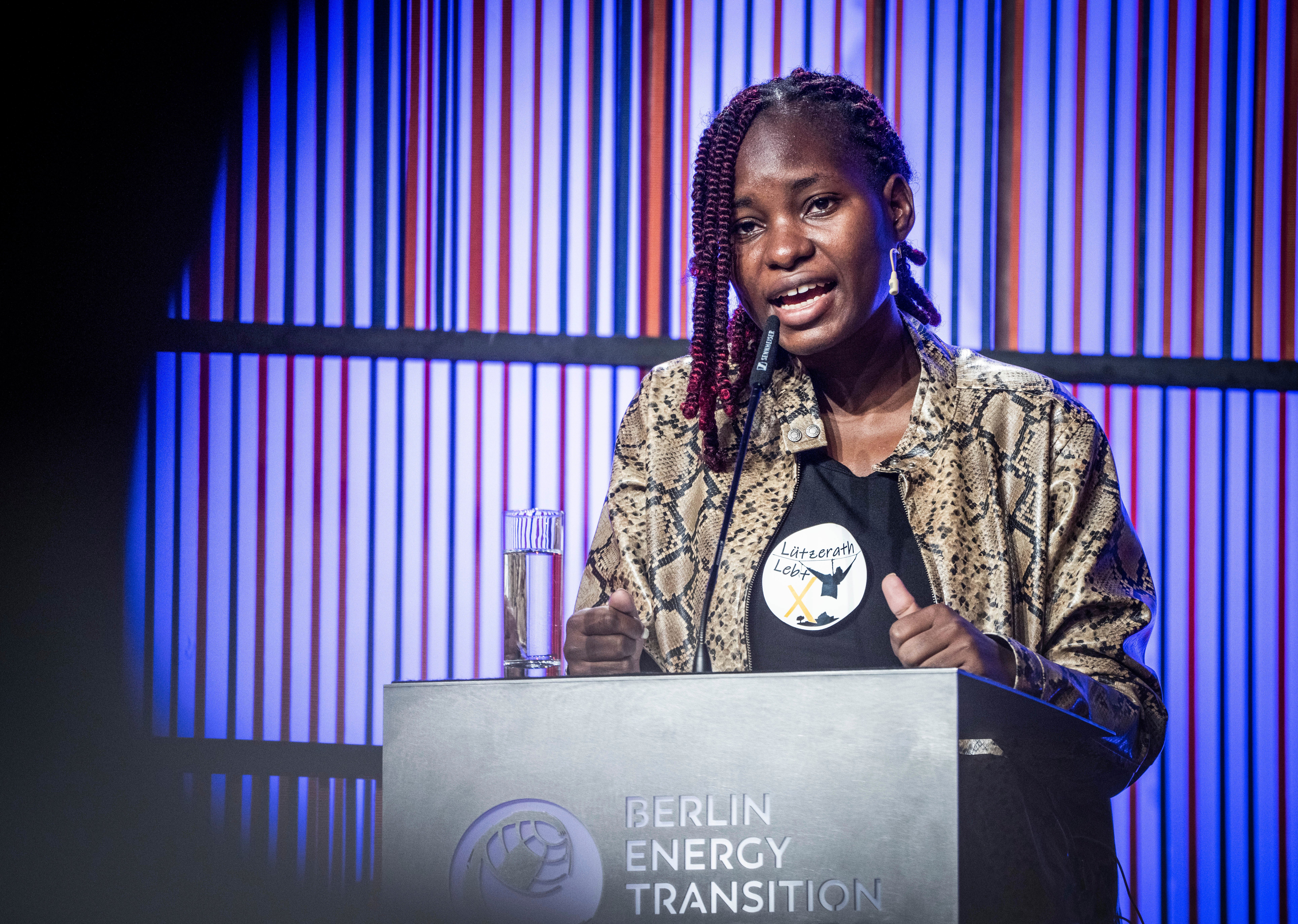East African oil pipeline hits the headwinds
Climate activists are urging more banks and insurers not to back the controversial $5 billion East African Crude Oil Pipeline that is primed to transport oil from the Hoima oilfields in Uganda to the Tanzanian coastal city of Tanga

HOLD UNTIL 5PM EST
Climate activists are urging more banks and insurers not to back the controversial $5 billion East African Crude Oil Pipeline that is primed to transport oil from the Hoima oilfields in Uganda to the Tanzanian coastal city of Tanga. Influential climate activists Vanessa Nakate and Hilda Nakabuye have lent their support to opponents of the pipeline citing the need for Africa to stay away from fossil fuels.
The unrelenting pressure mounted by environmental groups, under the banner #StopEACOP, has led to a growing list of banks and insurers quitting the oil pipeline project. Just this week the project suffered another major setback after insurer Allianz Group pulled out of the project. It joins 15 banks and seven insurance companies — including HSBC, BNP Paribas and Swiss Re — who have denied financially backing the pipeline in response to the campaign waged by numerous environmental organizations, led by the international group 350.org.
The 897 mile (1443 km) oil pipeline is billed as the longest heated pipeline in the world. The China National Oil Corporation and French energy conglomerate TotalEnergies, alongside the Uganda National Oil Company and the Tanzania Petroleum Development Cooperation, have remained firm in pushing ahead with the pipeline project which is expected to start transporting oil in 2025.
Johnson Nderi a financial analyst in Nairobi supports the oil pipeline, saying “Africa needs cheap stable power as that afforded by oil and coal, to grow its manufacturing sector.”
Construction of the pipeline will displace thousands of families and threaten water resources in the Lake Victoria and River Nile basins, according to 350.org. The environmental group goes on to say that the crude pipeline will generate some 37 million tons (34 million metric tonnes) of carbon dioxide emissions annually, fueling climate change.
“TotalEnergies is putting profits over people and it shows. Communities in Uganda and Tanzania have been fighting tirelessly against the planned pipeline and the trail of destruction it is already leaving in its wake,” Omar Elmawi, the coordinator of the #StopEACOP campaign, said. “At a time when scientists call for the phasing out of fossil fuel projects, to avoid the worst impacts of climate change, it is ill-advised and irresponsible to go ahead with this project, while ignoring the cries of those most affected.”
TotalEnergies has defended the pipeline noting that it adheres to strict Ugandan and Tanzanian environmental laws. An environmental social impact assessment report conducted by the Netherlands Commission for Environmental Assessment raised concerns about significant risks posed to wildlife notably chimpanzees in the Bugoma, Wambabya and Taala forest reserves.
Initially priced at $3.5 billion, the underground electrically heated pipeline will now cost $5 billion and is expected to start near Lake Albert in Hoima District, western Uganda. It will skirt around Lake Victoria entering northern Tanzania on its way to Chongoleani peninsula on the Indian Ocean transporting 216,000 barrels of crude oil per day.
The pipeline is expected to displace over 14,000 households in both Uganda and Tanzania, according to the international poverty charity Oxfam. But proponents of the project are citing a $2 billion annual revenue from the oil exports alongside some 12,000 direct jobs in its defence.
British firm Tullow Oil first discovered oil in the Lake Albert Basin in 2006, with recoverable oil estimates pegged at 1.2 billion barrels. In 2020, Tullow sold its entire stake to Total Energies. In early February, the oil pipeline's major backers, led by Total Energies, announced the conclusion of the Financial Investment Decision, signaling the commencement of the construction of the oil pipeline.
___
Associated Press climate and environmental coverage receives support from several private foundations. See more about AP’s climate initiative here. The AP is solely responsible for all content.